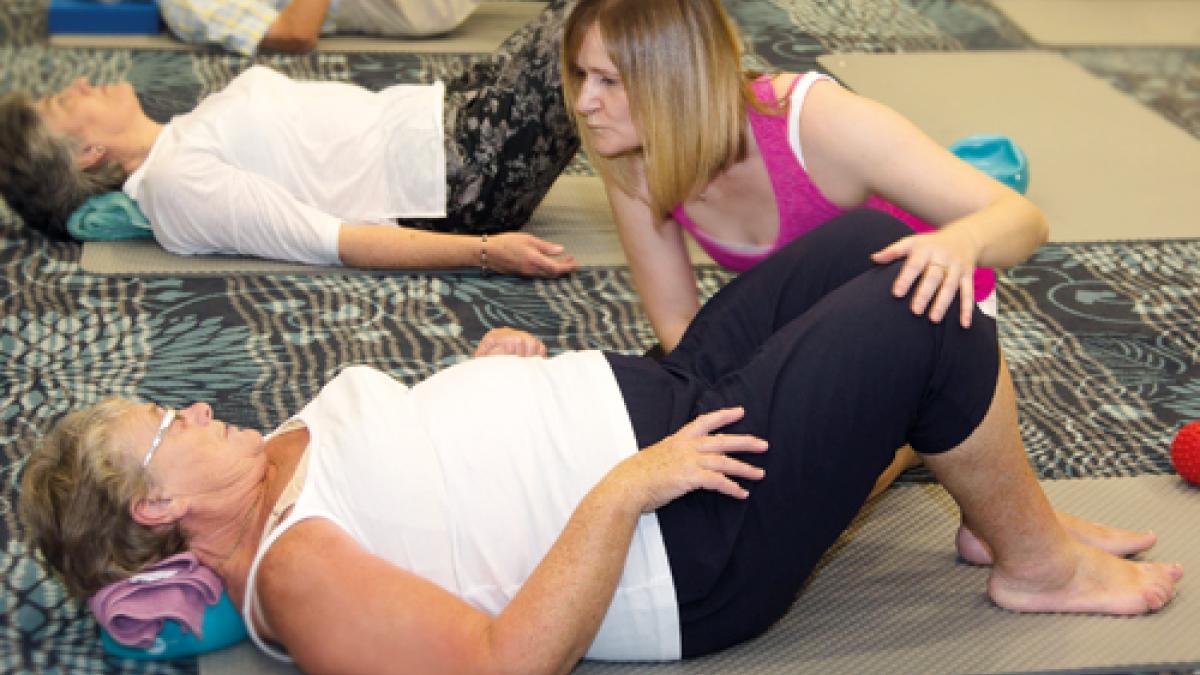Taking part in any physical activity is better than doing none at all – and even short bouts of exercise can be beneficial.

This is according to new physical activity guidelines, published by the UK’s Chief Medical Officers on 7 September, which suggest that adults should aim to be physically active every day, in order to maintain good physical and mental health.
The updated guidance takes new evidence into account, which shows that people can experience health benefits from lower volumes, intensities and frequencies of activity than had previously been thought.
These new findings are of particular relevance, the guidance states, for individuals with low levels of physical fitness and disabled adults.
Physiotherapists are key

CSP Chair Alex MacKenzie said: ‘We are very pleased to see this guidance published, especially as there is new advice specifically tailored for groups of people who may come up against some barriers to being physically active but who would benefit considerably from doing it.
‘The challenge now will be to find innovative and appealing ways for people to meet these guidelines in their daily life.
‘Physiotherapists will continue to play a key role in doing this by advising and supporting people to achieve their health and fitness goals, whatever their situation or condition may be.’
A variety of ways to meet the recommendations

On a weekly basis, the guidelines advise that adults should aim to engage in
- At least two and half hours (150 minutes) of a moderate intensity activity, such as cycling or brisk walking
- Or 75 minutes of a vigorous intensity activity, such as running
- Or shorter durations of very vigorous activity, such as sprinting or stair climbing
- Or a combination of moderate, vigorous and very vigorous activity
Increasing muscle strength

The guidelines also state that, at least twice a week, all adults should take part in activities that increase or maintain their muscle strength, and involve the use of major muscle groups in the upper and lower body.
Ways to achieve this include exercising with free weights, resistance machines or elastic bands, the guidance suggests, as well as activities of daily living such as stair climbing, wheeling a wheelchair, carrying shopping bags, lifting and carrying children, and gardening.
New research on accumulated activity

Previous advice from the government suggested that adults needed to meet the recommended guidelines by engaging in physical activity on a daily basis throughout the week, and by exercising in bouts of 10 minutes or more.
But a meta-analytic review, published in Sports Med earlier this year, suggests that people can also experience health benefits by taking part in shorter, accumulated bouts of activity and/or by engaging in only one or two sessions per week.
Find Out More
Number of subscribers: 2